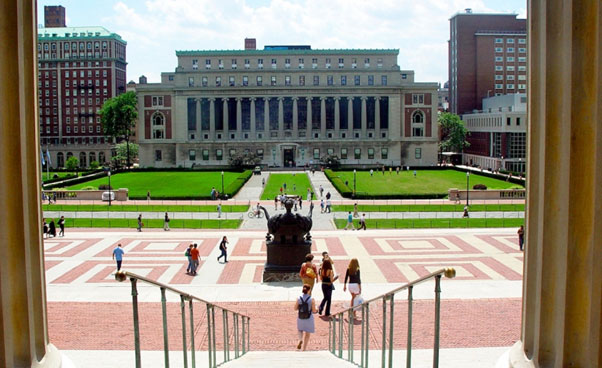
Columbia Law School has found itself in a heated debate following allegations that it attempted to circumvent the Supreme Court's affirmative action ban. The controversy stemmed from the school's inclusion of a 90-second "video statement" in the application process. The video was supposedly meant to provide insights into applicants' personal strengths. However, this requirement was promptly removed from the website after the Washington Free Beacon made inquiries.
The law school clarified that the video statements would not be mandatory for the Fall 2024 J.D. application, set to be released in September. While acknowledging the inclusion of the video statement requirement was an error, the school did not clarify whether it would remain an optional component in the future.
Edward Blum, founder of Students for Fair Admissions, a group instrumental in the legal challenge leading to the Supreme Court's decision, criticized the video requirement, suggesting it might be an attempt to evade the provisions of the Civil Rights Act's Title VI. He questioned the necessity of a 90-second video when a written statement could serve the same purpose. Legal experts also raised concerns about the newly introduced video requirement, with some speculating it could be a contingency plan if legal constraints prevented inquiries into an applicant's race.
Nevertheless, the ruling did not entirely prohibit universities from considering an applicant's race-related experiences. Chief Justice Roberts explicitly stated that universities could still assess how an applicant's life had been affected by their racial background and emphasized evaluating applicants as individuals rather than primarily based on their race.
The Students for Fair Admissions, Inc. presented a cert petition highlighting disparities in acceptance rates among different racial groups. The petition revealed that an African American applicant in a lower academic decile had a higher likelihood of acceptance than an Asian American applicant in a higher decile. Similarly, it indicated that an Asian American student in a lower decile faced a significantly lower acceptance rate.
As Columbia Law School grapples with this controversy, questions persist about the future of the video submission requirement and its compliance with the legal standards set by the Supreme Court's ruling on affirmative action. This situation also raises broader discussions about the limits of universities' efforts to holistically evaluate applicants while adhering to legal frameworks that ensure equal treatment and non-discrimination in admissions processes.



